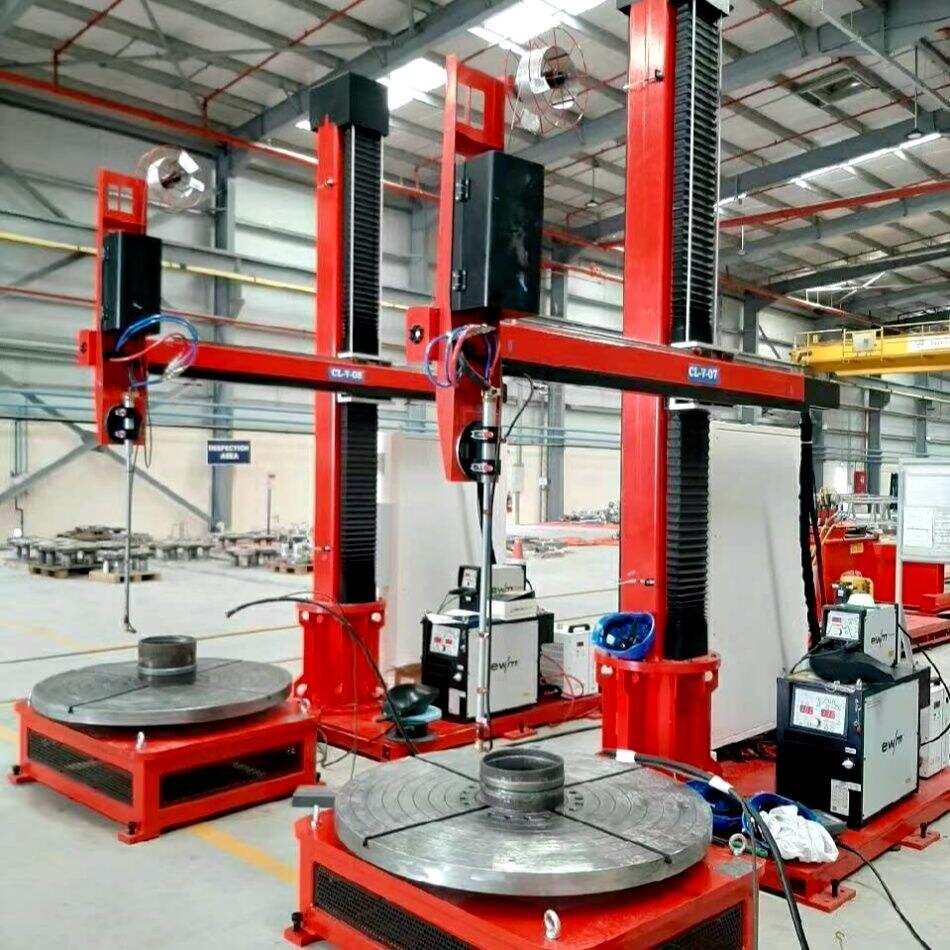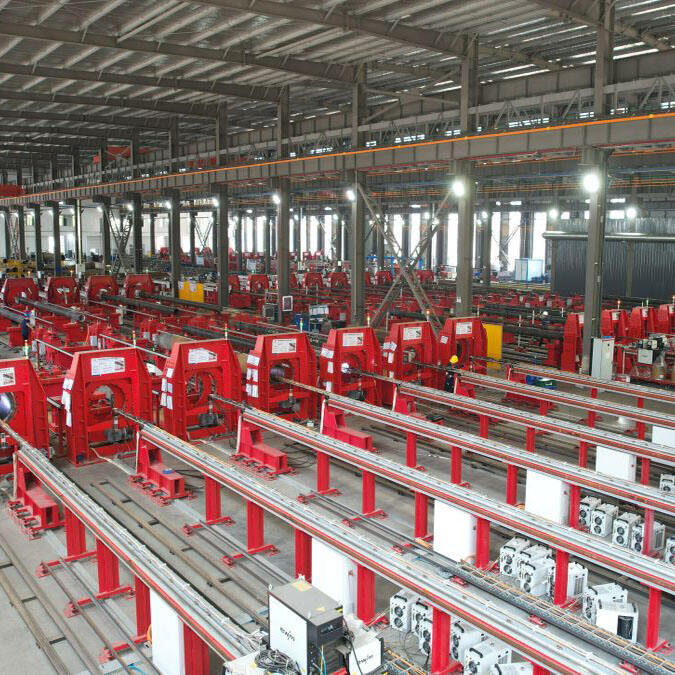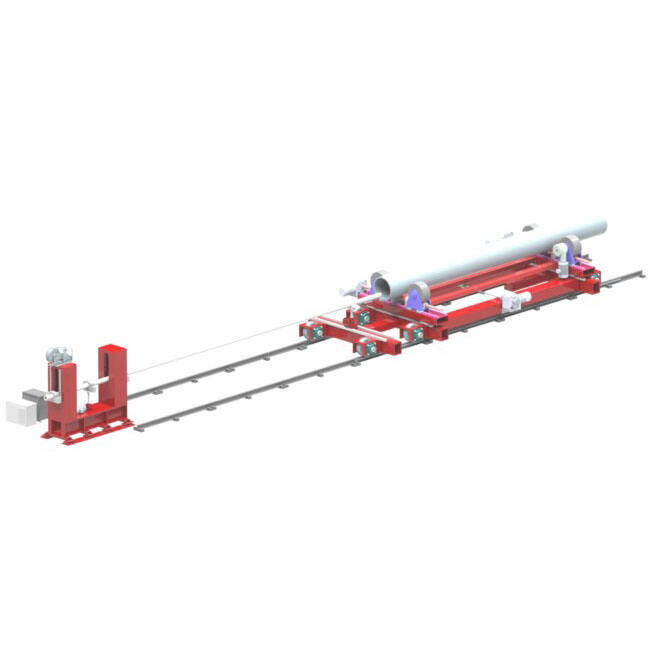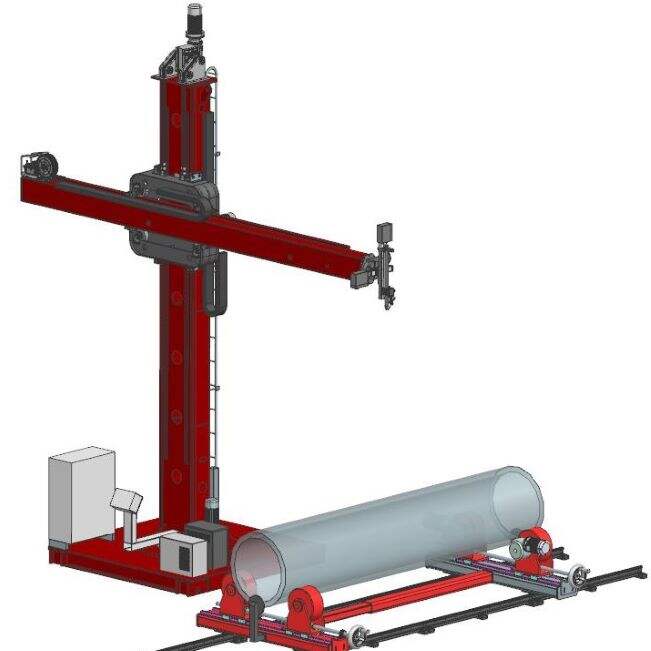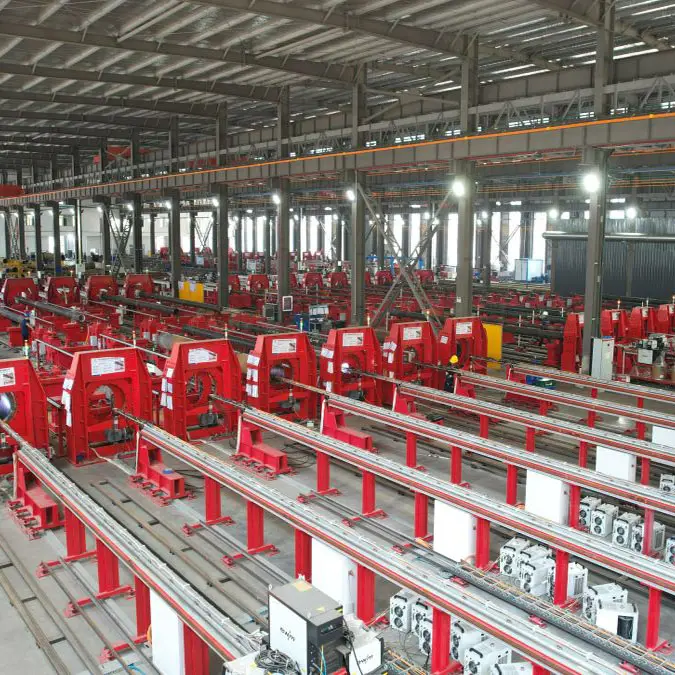weld overlay cladding machine manufacturer
A weld overlay cladding machine manufacturer stands at the forefront of industrial innovation, specializing in the development and production of advanced welding equipment for surface protection and enhancement. These manufacturers create sophisticated machinery that applies a protective layer of metal onto base materials, effectively combining superior metallurgical properties with efficient production processes. Their machines utilize cutting-edge technology, including automated control systems, precise material feeding mechanisms, and advanced monitoring capabilities to ensure consistent, high-quality cladding results. The manufacturing facilities incorporate state-of-the-art production lines, quality control stations, and research and development centers to continuously improve their equipment's performance and reliability. These manufacturers serve diverse industries, from oil and gas to power generation, providing customized solutions for specific application requirements. Their expertise extends beyond mere equipment production to include comprehensive technical support, maintenance services, and operator training programs. The machines they produce can handle various cladding processes, including strip cladding, wire cladding, and powder cladding, offering versatility in application methods and materials.

 EN
EN
 AR
AR BG
BG HR
HR CS
CS DA
DA NL
NL FI
FI FR
FR DE
DE EL
EL HI
HI IT
IT JA
JA KO
KO NO
NO PL
PL PT
PT RO
RO RU
RU ES
ES SV
SV TL
TL IW
IW ID
ID LT
LT UK
UK SQ
SQ HU
HU TH
TH TR
TR FA
FA AF
AF CY
CY MK
MK LA
LA MN
MN KK
KK UZ
UZ KY
KY